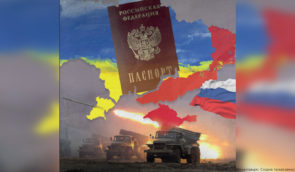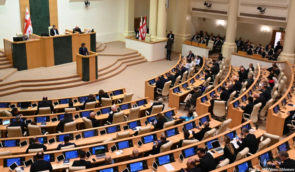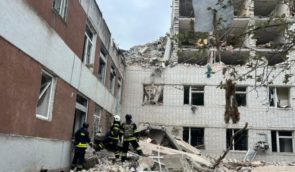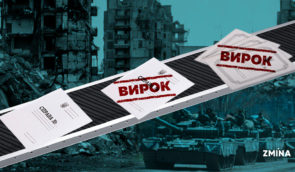Grave offenses in Donbas can’t be pardoned – human rights activists
People, who have committed grave offenses, can’t be pardoned because that will undermine the rule-of-law state.
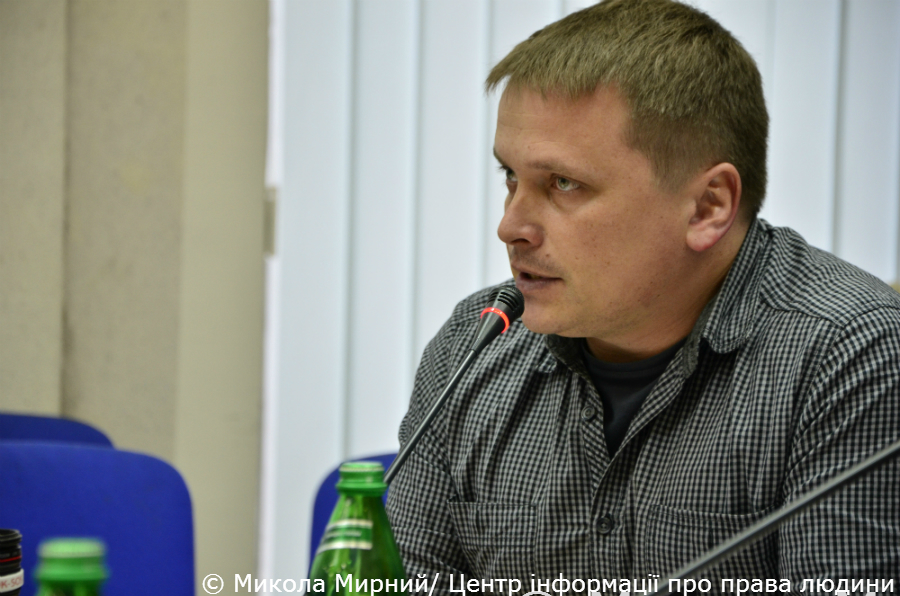
Kostiantyn Reutsky from Luhansk Human Rights Center “Postup” said this at the 11th Ukraine-German Forum “Human rights in war conflict and judiciary reform”, the Human Rights Information Center correspondent reports.
Human rights activist Kostiantyn Reutsky also noted that documenting the crimes committed during the armed conflict would take much time, “Neither the government investigating bodies, nor the NGOs dealing with documentation, nor the international monitoring missions can cope with this amount of work. If to work several times harder than now and increase the number of people involved in it tenfold, it is likely to take years. And it certainly should be done.”
In his opinion, this work is complicated by the fact that not all the consequences are as evident as, for example, the results of shelling.
“If to speak about hostages, enforced disappearance, torture, summary execution, pressure on media, religious organizations and NGOs, it is quite difficult to find such victims, this takes much more time,” the human rights activist noted.
Reutsky said that investigation is often stone-walled. The police refuse to accept reports on crimes and persuade victims of crime or their relatives not to write statements, arguing that the crime was committed on uncontrolled territory and law enforcement officers cannot investigate it.
Recently, as Reutsky stated, the human rights activists have revealed that the Ukrainian security officials simply do not interrogate witnesses who can tell about shelling in populated areas from Russia, “In Luhansk region, we have seen that hundreds of people in border towns are willing to testify about shelling by the Russian Federation, which was carried out for two months last summer, but the Ukrainian police, prosecutors and the Security Service of Ukraine did nothing to gather evidence of these people. Moreover, when the scandal was covered in the media, the police tried to persuade witnesses into denying what they had previously told to journalists.”
The experts also note the fact that the Criminal Code of Ukraine does not comply with the international humanitarian law, and the appropriate changes to it are now being elaborated. The pardon is one of the key points.
Head of the Center for Civil Liberties Oleksandra Matviychuk believes it’s better sooner than later to think about the policy of national reconciliation, including pardon as one of its elements.
“Despite the fact that this provision is already stipulated in the Minsk Agreements, the questions arise what offenses people are pardoned and what is the pardon procedure. In fact, they are the key ones because they can completely distort the meaning laid in this concept,” Oleksandra Matviychuk said.
According to the expert, the section of the Criminal Code on crimes against peace and safety of mankind does not comply with the international humanitarian law and the Rome Statute. Therefore, for example, a person who committed torture may be pardoned, as it is not a grave offense under the Criminal Code. To remedy this situation, the coalition of the human rights organizations “Human Rights Agenda” elaborates the amendments to the Criminal Code to bring it into line with international humanitarian law.

